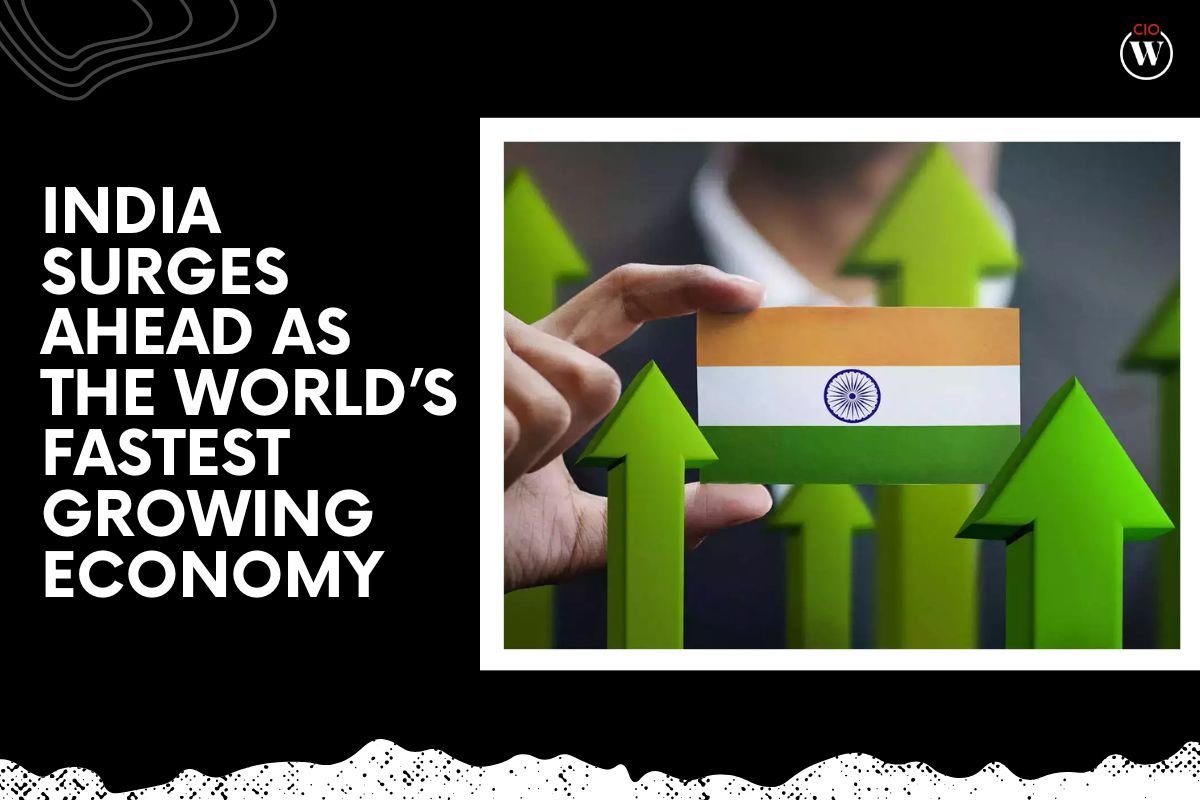In a surprising turn of events, the International Monetary Fund’s (IMF) executive director, Krishnamurthy Subramanian, declared India as the “easily” India fastest growing economy globally. The revelation came after India’s third-quarter GDP growth surpassed analysts’ expectations, reaching an impressive 8.4%. This marks the country’s most significant economic expansion in six quarters, fueled by robust private consumption, buoyant manufacturing, and a thriving construction sector. Reuters’ estimates, in contrast, had projected a more conservative growth rate of 6.6% for the October to December period.
Driving Forces Behind India Fastest Growing Economy
Subramanian, a former chief economic advisor to the Indian government, attributed India’s remarkable economic surge to a strategic shift in the government’s focus towards higher capital expenditure. He emphasized that this shift has been particularly pronounced in recent years, contributing significantly to the current economic boom.
The Indian Finance Ministry’s presentation of a fiscally prudent interim budget in February further underscored this commitment. The ministry’s estimates indicated a narrowing fiscal deficit, from 5.8% in 2024 to an anticipated 5.1% in 2025. With an emphasis on boosting infrastructure spending, the interim budget projected an 11.1% rise in capital expenditure to 11.11 trillion Indian rupees ($133.9 billion) for fiscal year 2025. Tax revenue, too, is expected to climb by 11.4% to 38.31 trillion rupees.
Positive Outlook and Political Implications
Encouraged by the stellar economic performance, Subramanian expressed optimism, expecting India’s growth to continue at a rate of around 8% for the entire year. The Indian government has also revised its GDP growth outlook for fiscal year 2023-24, now forecasting a robust 7.6% compared to the earlier estimate of 7.3%.
This surge in economic indicators provides a timely boost to Prime Minister Narendra Modi’s economic record, just ahead of the upcoming national elections in April-May. Analysts suggest that the strong growth momentum will likely influence the Reserve Bank of India (RBI) to maintain its current interest rate at 6.5%, reinforcing their bias for stability in the near future.
In summary, India fastest Growing Economy, driven by increased capital expenditure and prudent fiscal policies, positions the country as the front-runner in global economic growth. The positive trajectory bodes well for both the government and the central bank, with potential ramifications for the upcoming national elections and monetary policy decisions.








